Enhancing Product Quality and Compliance at Clinical Sites
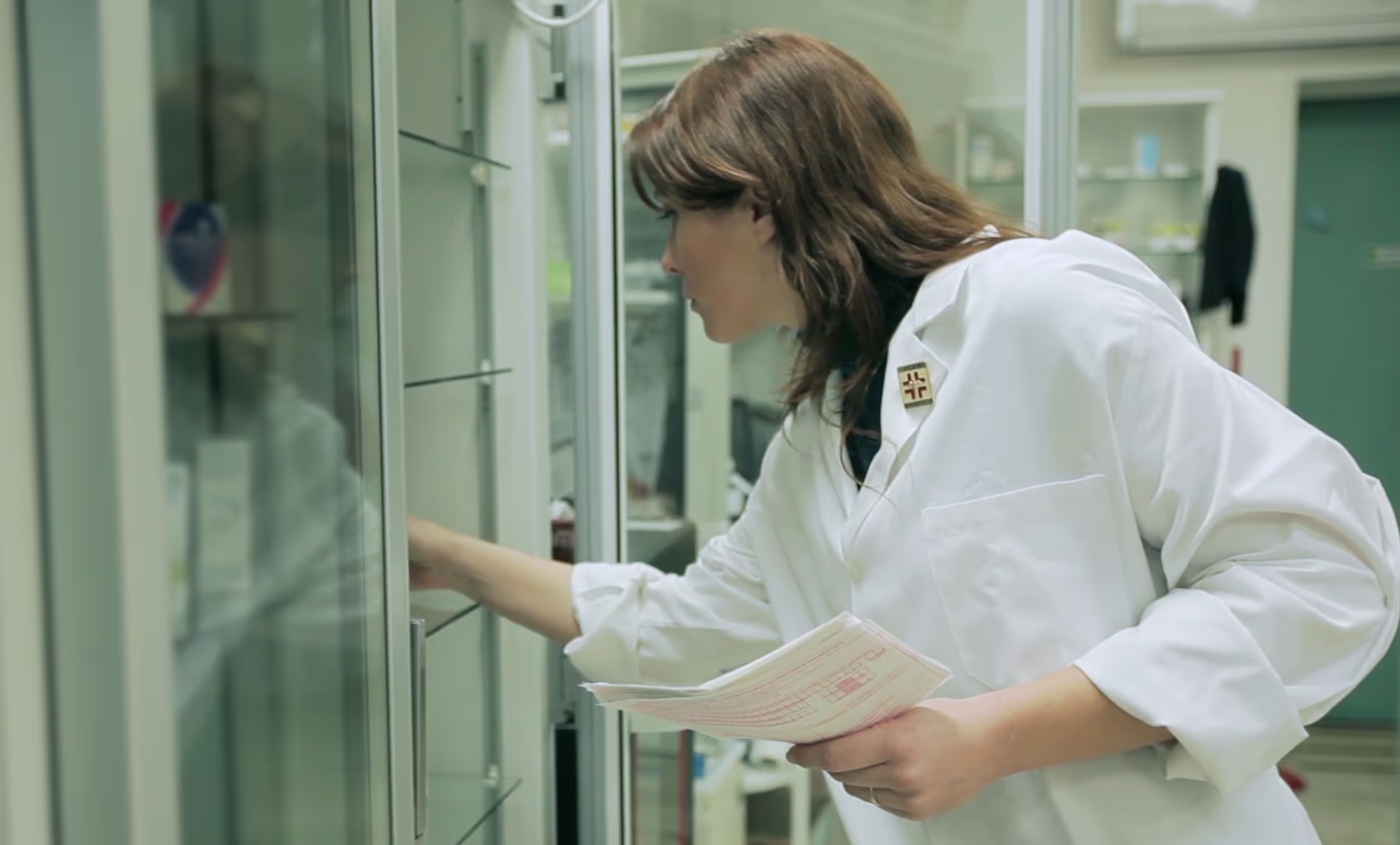
To address these challenges, pharmaceutical facilities are increasingly turning to automated temperature monitoring solutions to minimize excursions, control costs, and mitigate risks. In this article, we explore the significance of temperature monitoring in refrigerators, the impact of poor-quality fridges on product integrity, and how automated solutions offered by companies like TSS can revolutionize temperature management in pharmaceutical facilities.
The Importance of Temperature Monitoring in Pharmaceutical Refrigerators
Pharmaceutical products often require storage within specific temperature ranges to maintain their efficacy and stability. For instance, many medications must be stored between 2 to 8 °C to prevent degradation and maintain efficacy. Temperature excursions beyond these ranges can lead to irreversible damage to the products, rendering them ineffective or even harmful to patients.
Temperature monitoring in refrigerators is essential to identify and prevent excursions that could compromise product quality. Traditional manual monitoring methods are prone to human error and often lack real-time visibility, making it challenging to promptly address temperature fluctuations. Automated temperature monitoring solutions offer a comprehensive approach to tracking temperature variations, providing continuous monitoring, data analytics, and timely alerts to ensure proactive intervention when deviations occur.
Identifying the Impact of Poor-Quality Refrigerators
The quality of refrigerators used in pharmaceutical facilities significantly impacts product integrity. A good refrigerator maintains temperature stability with minimal fluctuations, ensuring that medications remain within the specified temperature range consistently. In contrast, poor-quality fridges may exhibit wide temperature fluctuations, posing a significant risk to product stability.

A categorization system helps distinguish between good, okay, and bad refrigerators based on their temperature performance:
- Good Fridge: Maintains fluctuations within 0.5 ºC, with no peaks unless the door is opened.
- Okay Fridge: Fluctuations remain below 1 ºC, but peaks may occur during defrosting cycles.
- Bad Fridge: Exhibits fluctuations of 4.5 ºC or more, indicating significant temperature instability.
Understanding Stability Budgets in Pharmaceutical Supply Chains
The concept of stability budgets serves as a critical management tool in pharmaceutical supply chains, allocating resources to ensure product safety and quality throughout the manufacturing, packaging, storage, and distribution processes. A stability budget defines the allowable time and conditions a product can spend outside its specified storage range without compromising its integrity.
Stability budgets combine data from temperature studies and stability testing to determine the product's thermal stability and tolerance to temperature excursions. By establishing predetermined limits for temperature deviations, pharmaceutical manufacturers can prevent costly investigations, minimize product wastage, and ensure timely delivery of critical drugs to patients.
Automated Solutions for Enhanced Temperature Monitoring
At TSS, we offer automated temperature monitoring solutions designed to streamline temperature management processes and enhance product quality assurance. These solutions provide guaranteed data upload, comprehensive reports and dashboards, data analytics capabilities, and seamless monitoring through automated data feeds.
By implementing automated temperature monitoring systems, pharmaceutical facilities can achieve:
- Decreased excursions through real-time monitoring and timely alerts.
- Total cost control by identifying cost-saving opportunities and minimizing product wastage.
- Increased visibility and control over temperature conditions with comprehensive reporting and analytics.
- Simplified release processes and access to all temperature data for compliance with regulatory authorities.
- Mitigation of potential risks to the company's reputation by ensuring product integrity and compliance with quality standards.
- Periodic revision of procedures and reports to identify hidden risks or non-conformity issues.
- Automation of manual processes to reduce time spent on excursion handling and improve operational efficiency.
In the pharmaceutical industry, maintaining precise temperature control is essential for ensuring product quality, safety, and compliance with regulatory requirements. Automated temperature monitoring solutions offer pharmaceutical facilities a comprehensive approach to managing temperature variations, minimizing excursions, and enhancing product integrity.
By leveraging automated solutions, pharmaceutical facilities can achieve greater control over temperature conditions, reduce operational costs, and mitigate risks associated with temperature deviations. As the industry continues to prioritize quality assurance and regulatory compliance, investing in advanced temperature monitoring technologies becomes indispensable for safeguarding product integrity and maintaining patient safety.
The TSS Facility Application is ideal for clinical sites, facilities, and pharmacies. Automatic real-time data feed eliminates the need for manual recording of temperature, reduces the risk of data gaps and sends alerts in case of issues, thereby reducing waste-related costs and increasing patient safety.
Learn More >
You may also be interested in

On time and in full, when it matters most

TSS Welcomes Gustaf Rasin as New Chief Operations Officer

The Buyer’s guide to real-time temperature monitoring
You may also be interested in

Join Us at LogiPharma Europe 2025

TSS launches innovative Bluetooth powered temperature monitoring solutions
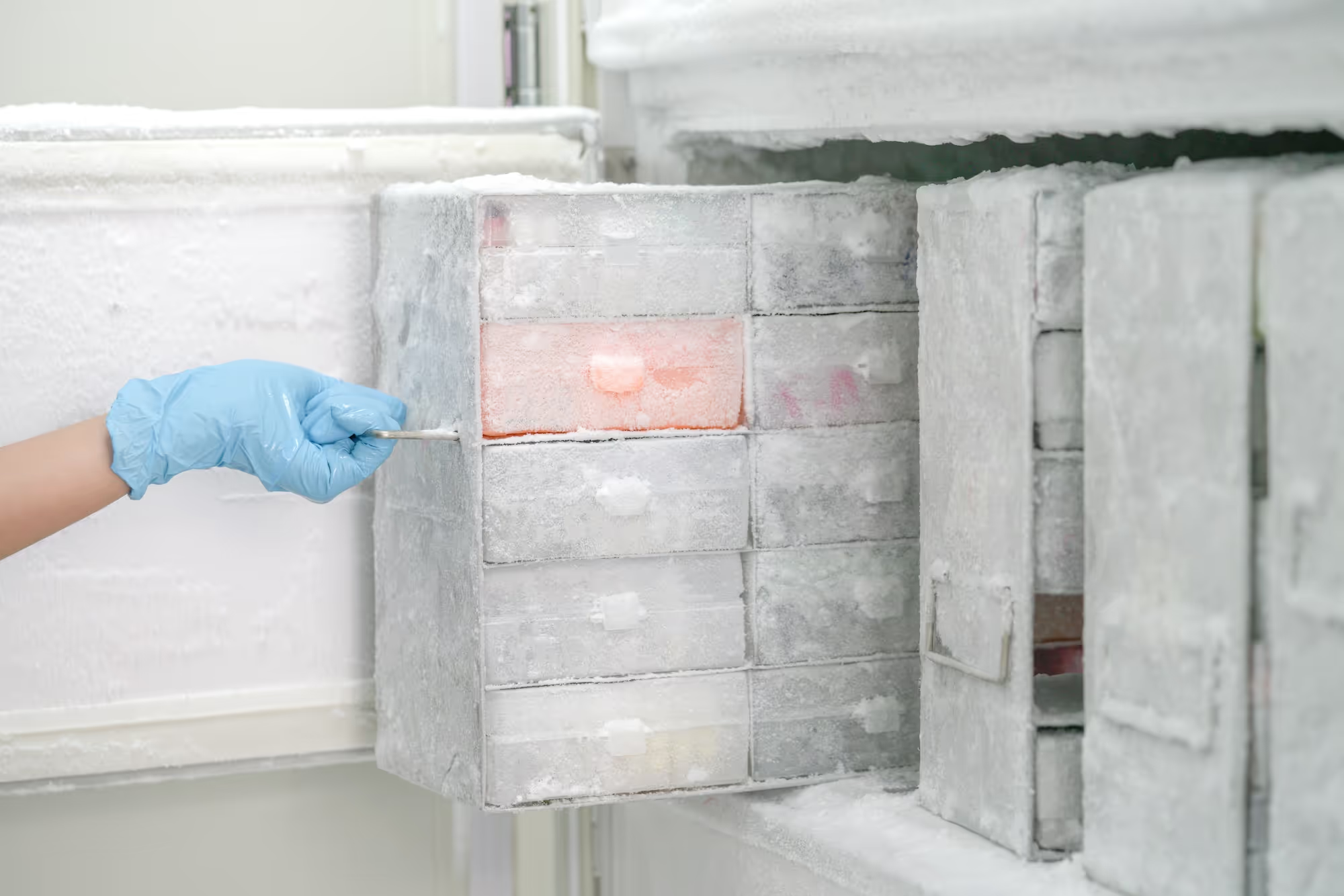
Achieving FDA and EMA Compliance in Temperature Monitoring
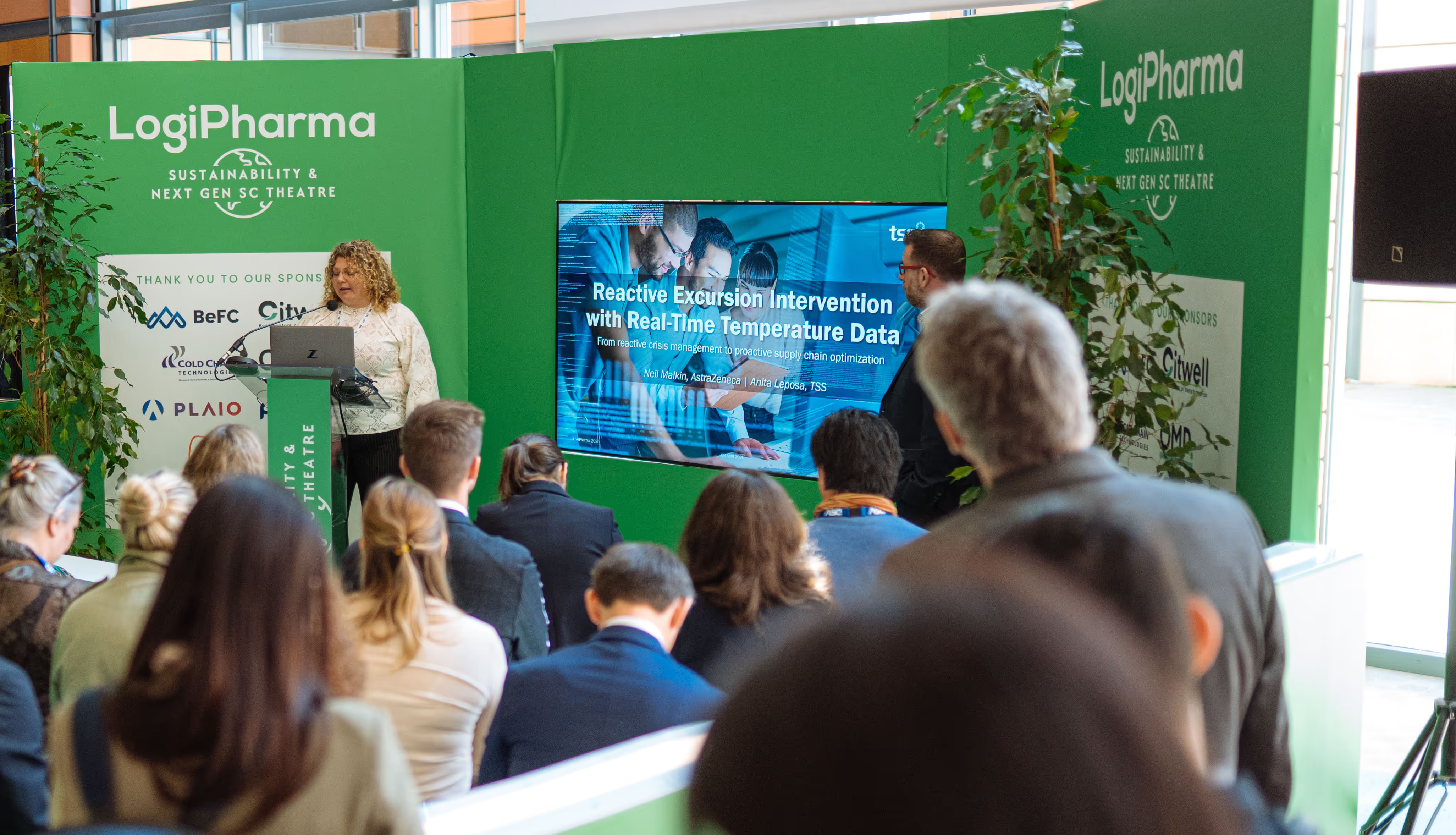
Proactive Temperature Management: The Key to a More Resilient Pharma Supply Chain

Join Us at LogiPharma Europe 2025

TSS Receives CDP SME Climate Score 'SME B' for Strong Climate Actions
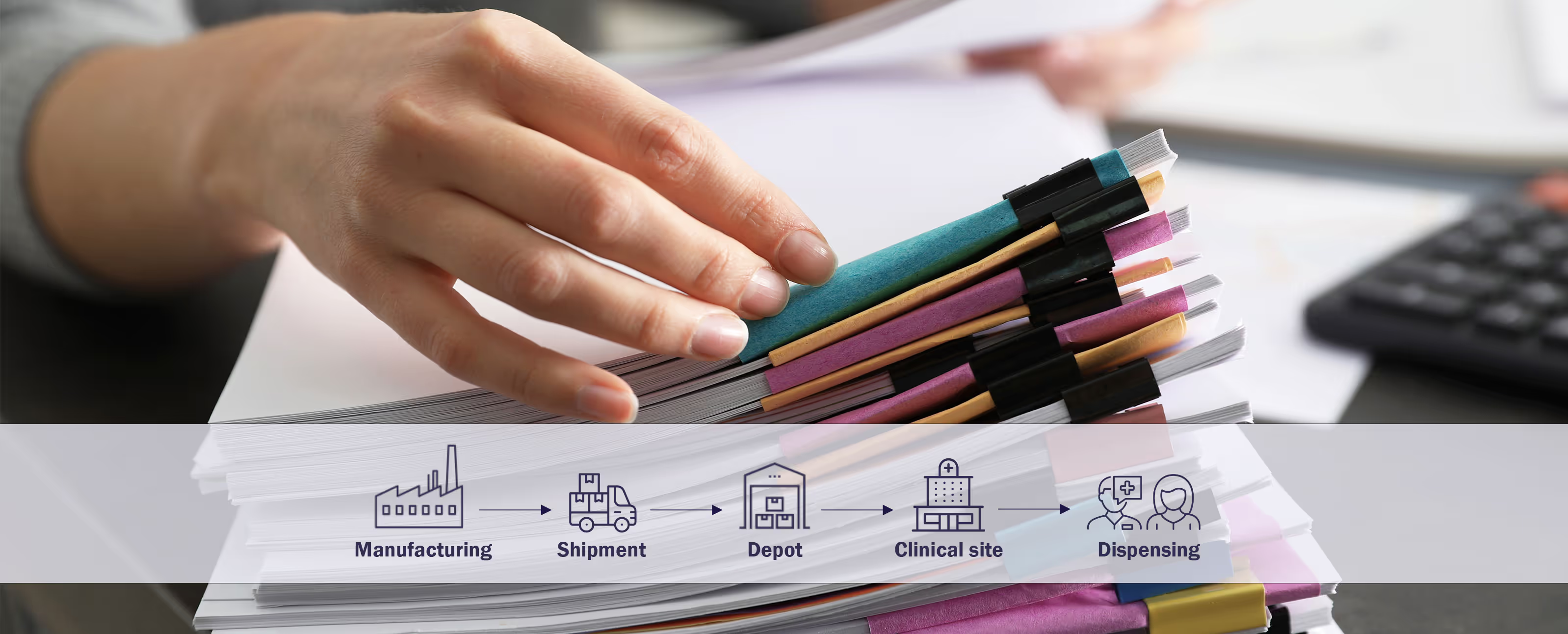
Future-Proofing Clinical Trials: How Sponsors Can Up-Scale Through Automation

Celebrating Women in Tech

Clinical Trial Supply Europe Event 2025

Sustainable Temperature Management: A Key to Greener Clinical Trials

10 Common Mistakes to Avoid During Customer Onboarding

TSS Keeps EcoVadis Silver Medal Despite Tougher Standards in 2024
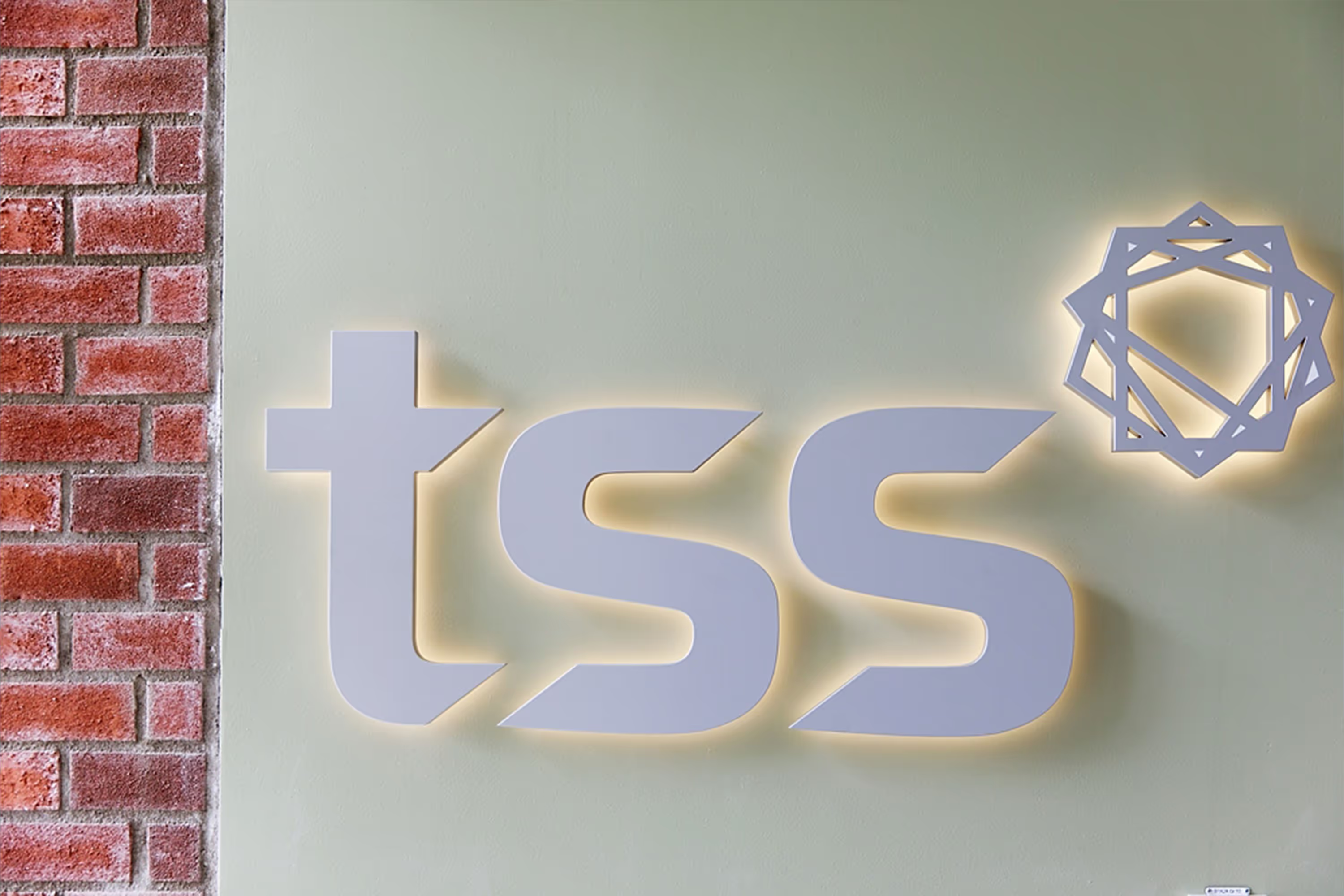
Change in the Management of TSS

How to Scale Up Your Clinical Trials

10 Steps to Navigating Sustainability in the Pharma Supply Chain

Balancing Cost and Quality in the Pharmaceutical Supply Chain: A Quick Guide

TSS Celebrates WTISD 2024: Embracing Innovation, Digitalisation, and Sustainability

Enhancing Product Quality and Compliance at Clinical Sites
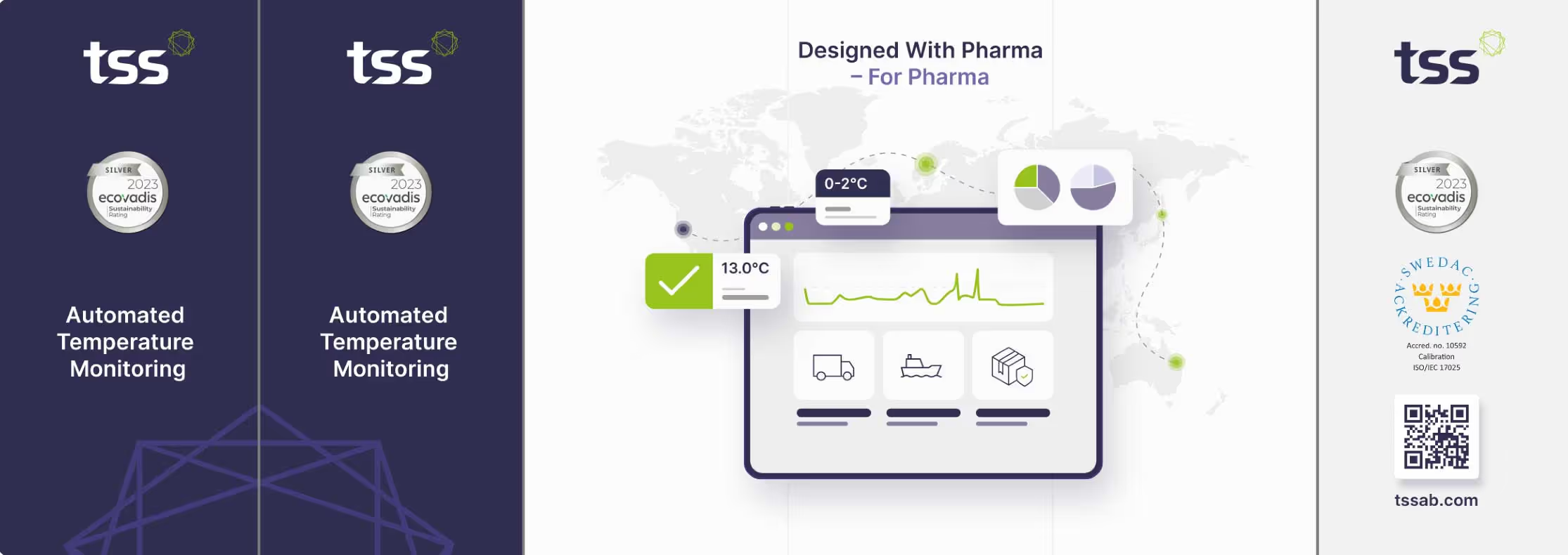
LogiPharma Lyon 2024
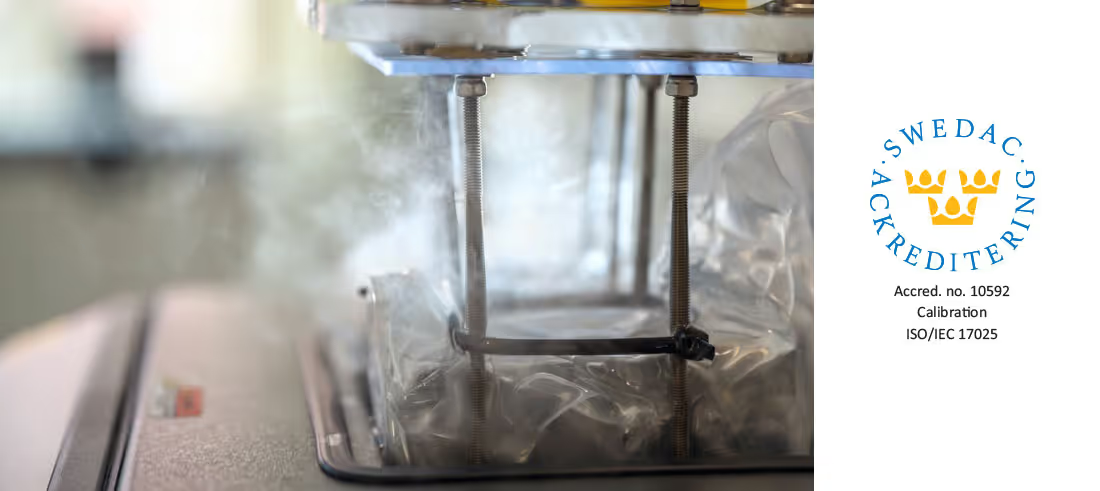
TSS Achieves Coveted ISO/IEC 17025 Calibration Accreditation

Join us at Clinical Trial Supply Europe 2024 in Barcelona

TSS User Forum 2023

TSS Welcomes Gustaf Rasin as New Chief Operations Officer

NECSO Cambridge 2023
.avif)
TSS Welcomes Thomas Lindén as New Chief Technology Officer
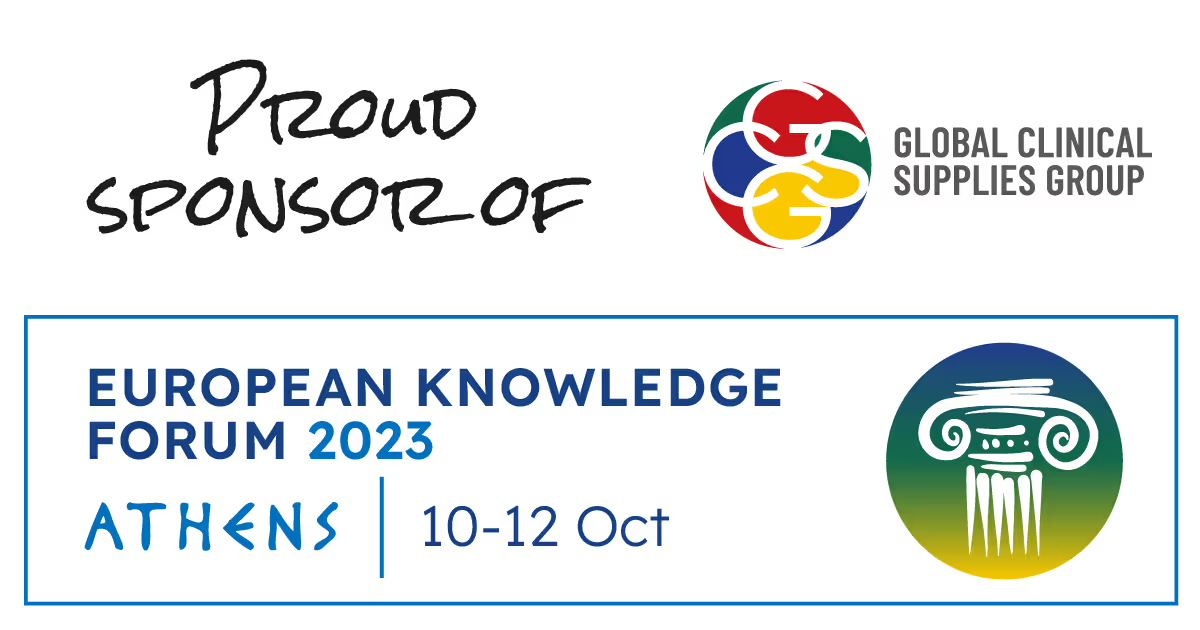
GCSG Athens 2023 Vendor Showcase Hosted by TSS

How GSK Pharma in UAE optimized the supply chain through automatization
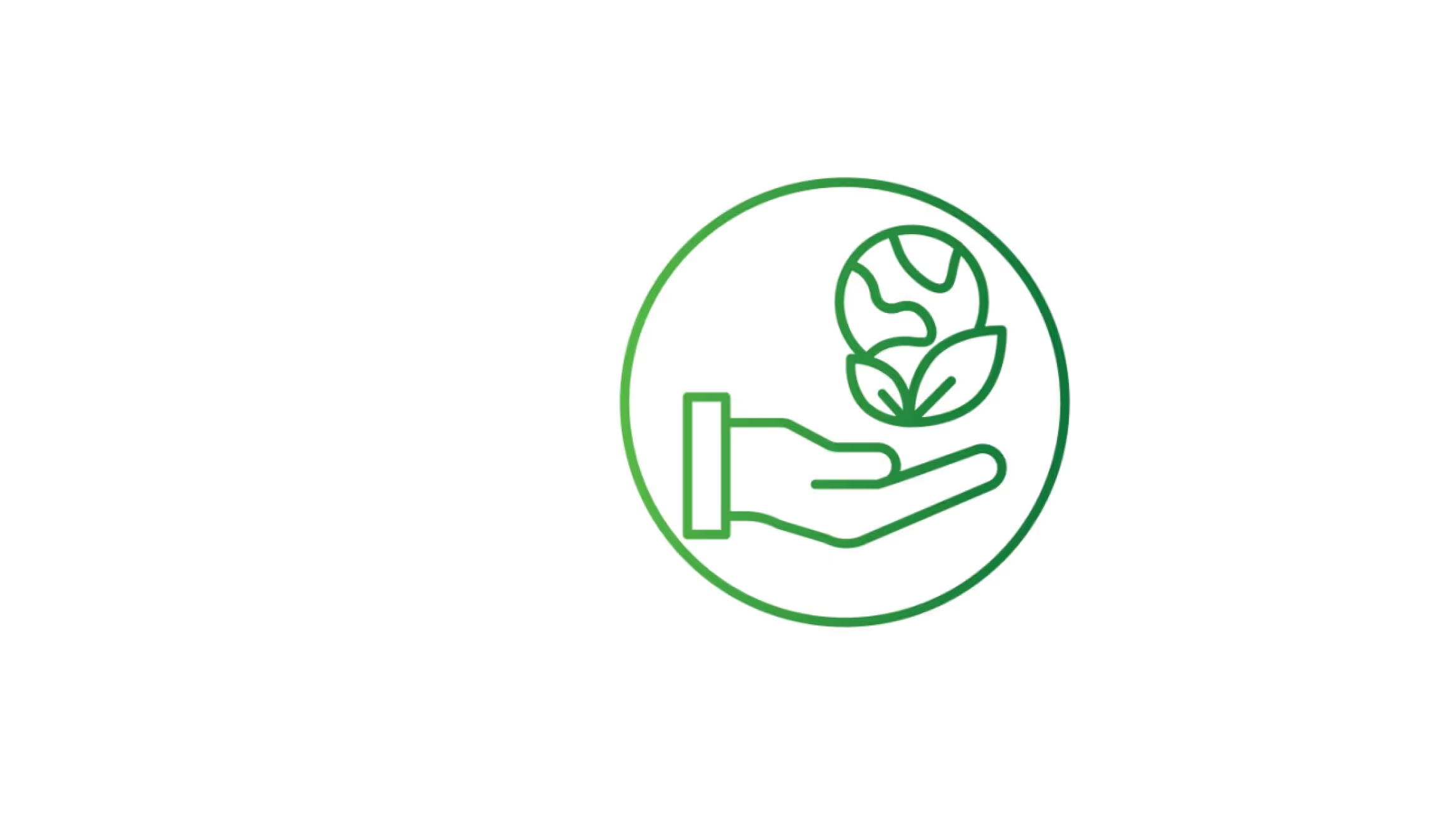
Cooperation with Swedish Innovation Authority and University to Optimize Sustainability Procedures

TSS Achieves EcoVadis Silver Medal for Advanced Sustainability Performance

How can maturity in temperature management move your decision process from days to seconds?

GCSG 2023 US Conference

3 steps to accelerate Decentralized trials & Release to patients

Join us at Clinical Trial Supply Europe 2023

We are back at Clinical Trial Supply East Coast

The GCSG 2022 European Knowledge Forum is coming up, and we will be there.

Meet us at Logipharma US in Boston on September 29th-30th

Boost value in clinical trial management with two-way integrations

Achieving pharma supply chain excellence through integrations

Join us at Temperature Control & Logistics in Düsseldorf

Meet our people: Quality Engineer, Akanksha Sharma

Is your supply chain ready for a digital transformation?

Q&A with Claes Kalderén: Our European Sales Manager

Meet Johanna Eriksson, Chief Product Officer at TSS

On-demand webinar: Maximize value with 2-way integrations in Clinical Trial Management

White paper: the future, today - the next generation of temperature monitoring

Join us at GCSC US 2022

Guide: The road to digital success in temperature monitoring

On-demand webinar: New approaches to automating temperature management in clinical trials

End-to-end visibility is the key to creating more efficient, cost-effective, and sustainable pharmaceutical supply chains
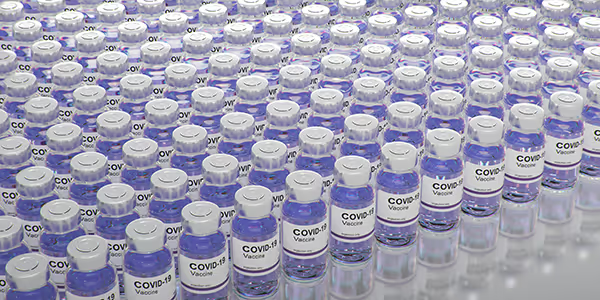
White paper: The next step to automating clinical trials

Getting the full value out of your supply chain temperature data

Join us at Clinical Trial Supply Europe 2022
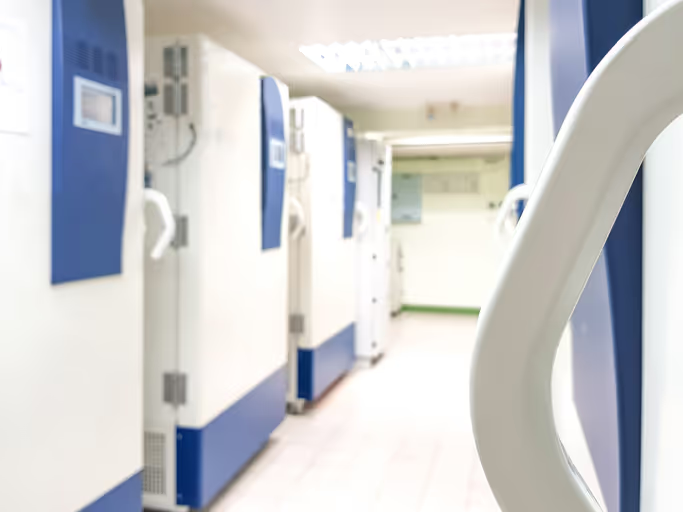
4 things to know about TSS new BLE data loggers
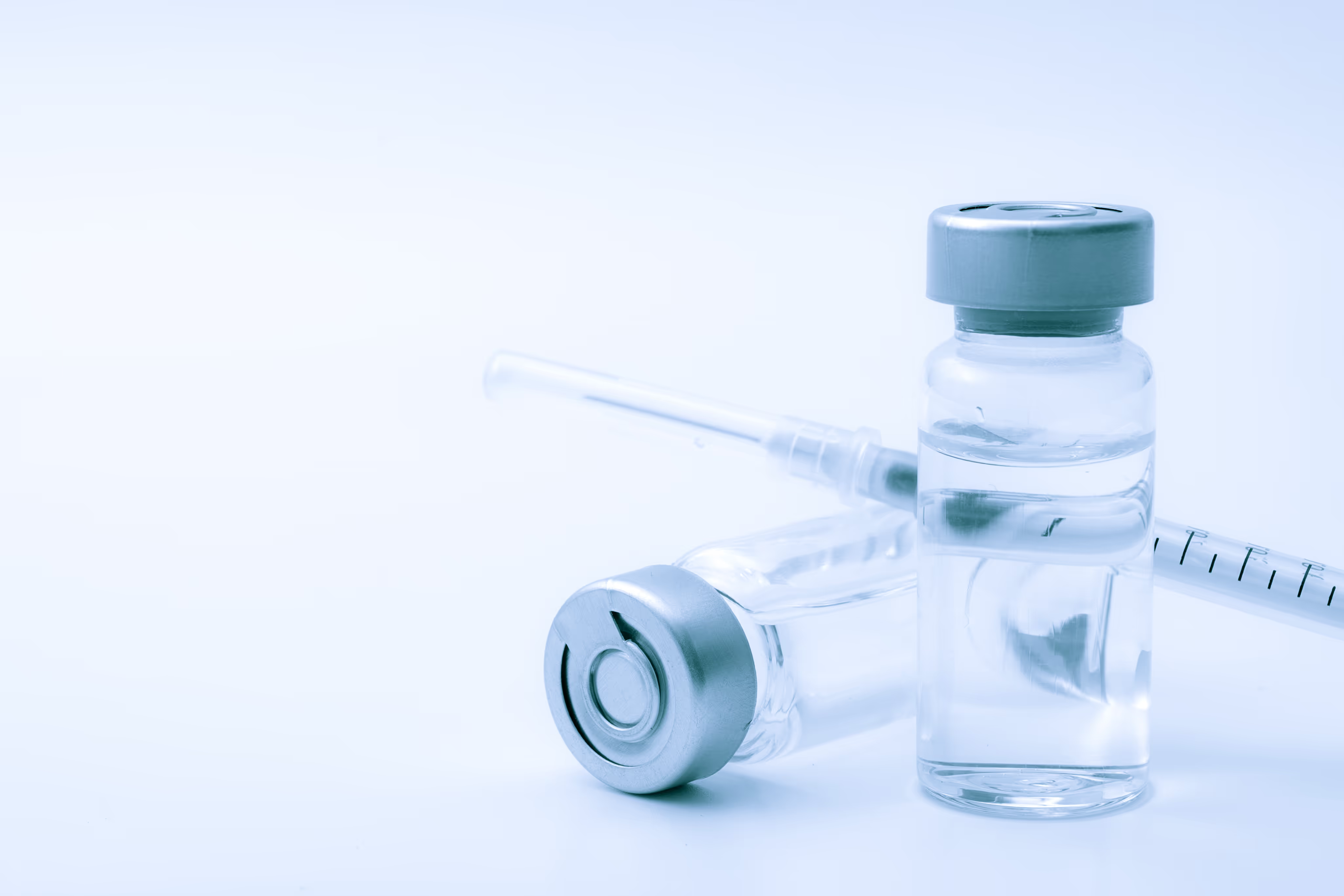
The year in review: TSS’s most-read blog articles of 2021

Logipharma report: A fast-track learning exercise in pharma supply chain innovation

Temperature management – from local to global

Meet Nina Nilsson, Chief Revenue Officer at TSS

The Buyer’s guide to real-time temperature monitoring

Increasing visibility with a proactive supply chain

On-demand webinar: Master your supply chain with end-to-end visibility

On-demand webinar: Excursion Management – From days to seconds
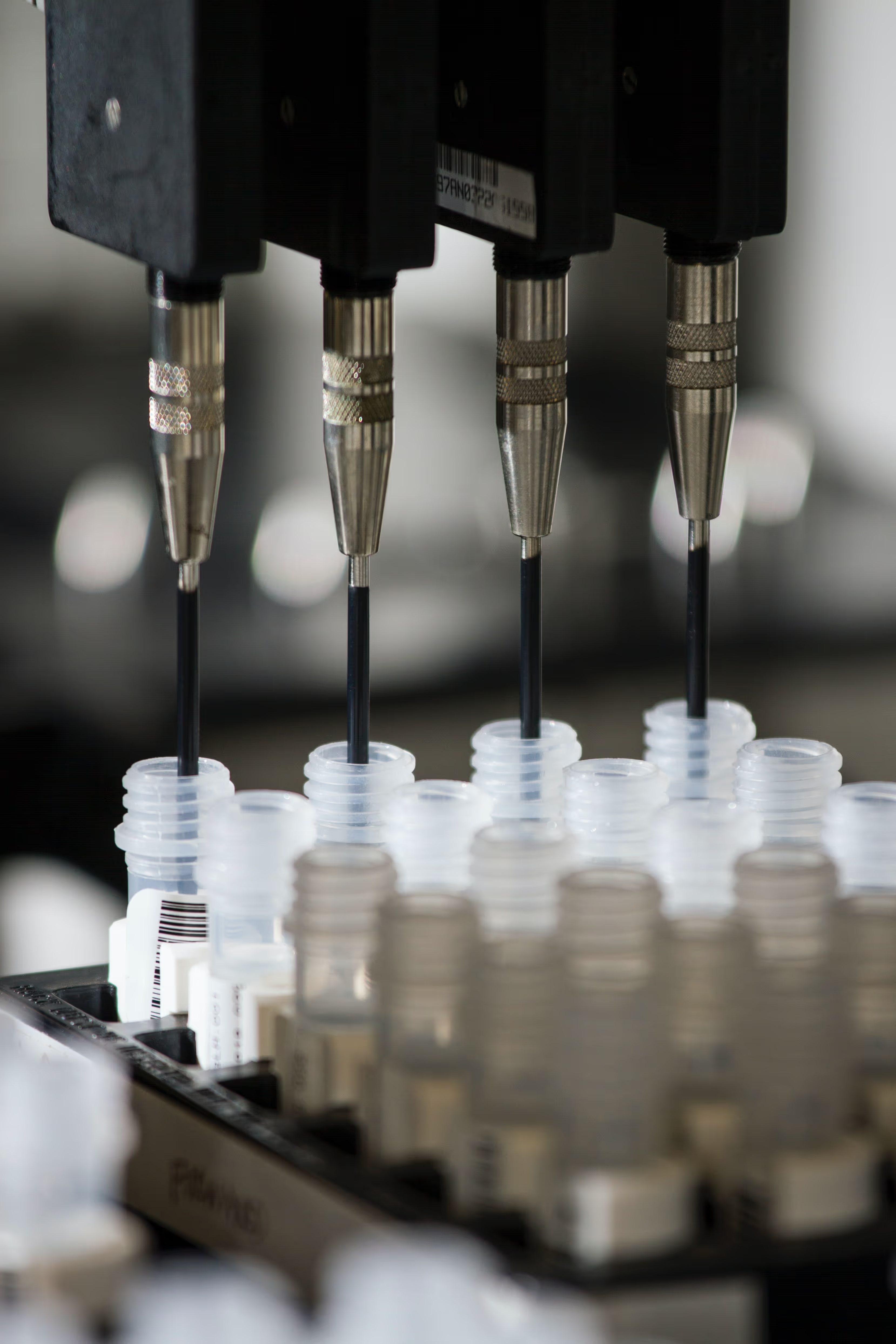
Turn days into seconds at clinical sites worldwide

On-demand webinar: Digitalization and its impact on the pharma supply chain

Covid-19 situation

Innovation flourishes when different perspectives meet

Exploring the solution to a global question

How live access to GxP data support supply chain best practices?

On time and in full, when it matters most
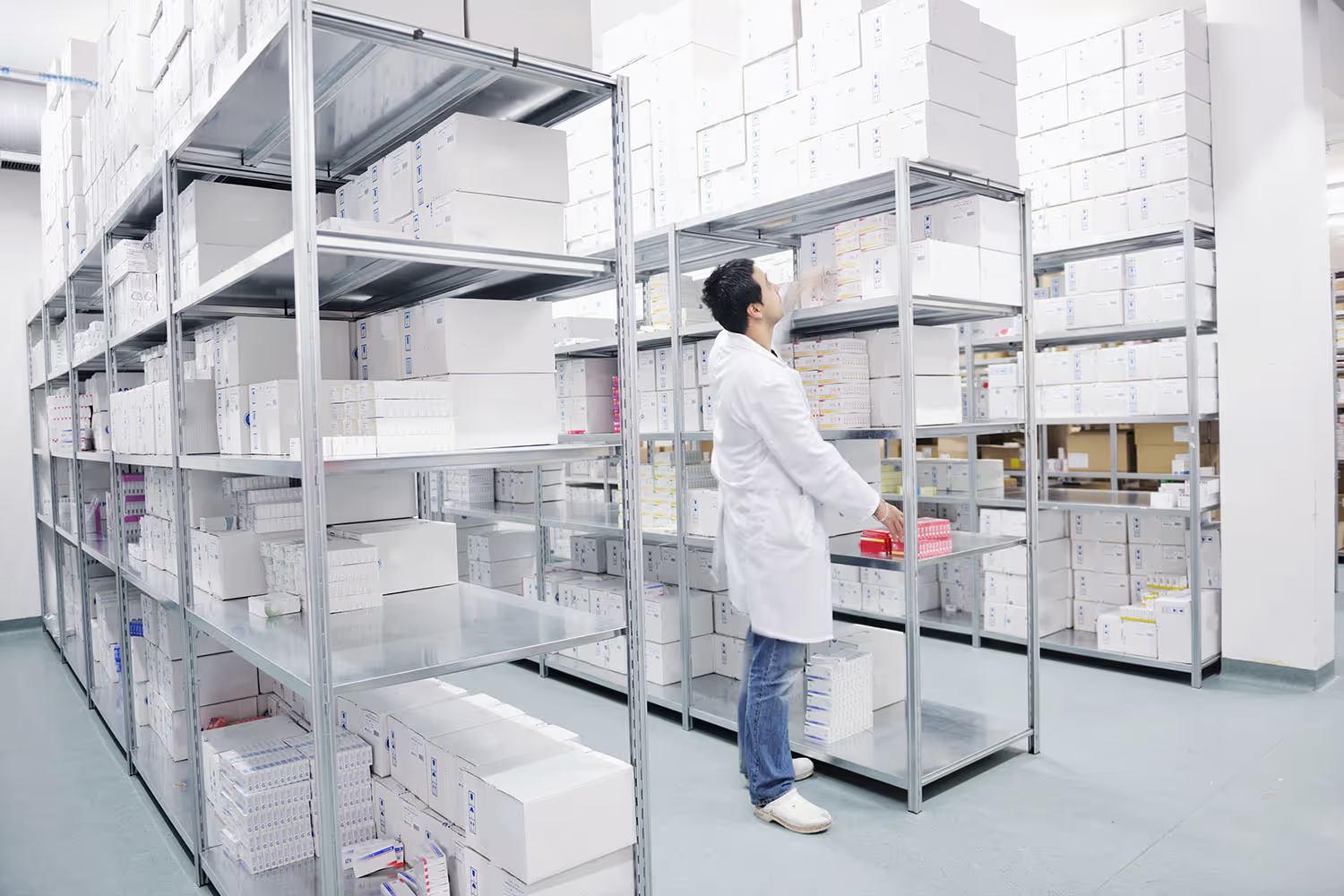
5 benefits of adopting digital temperature monitoring solutions
.avif)
Reducing excursion evaluation time from days to seconds
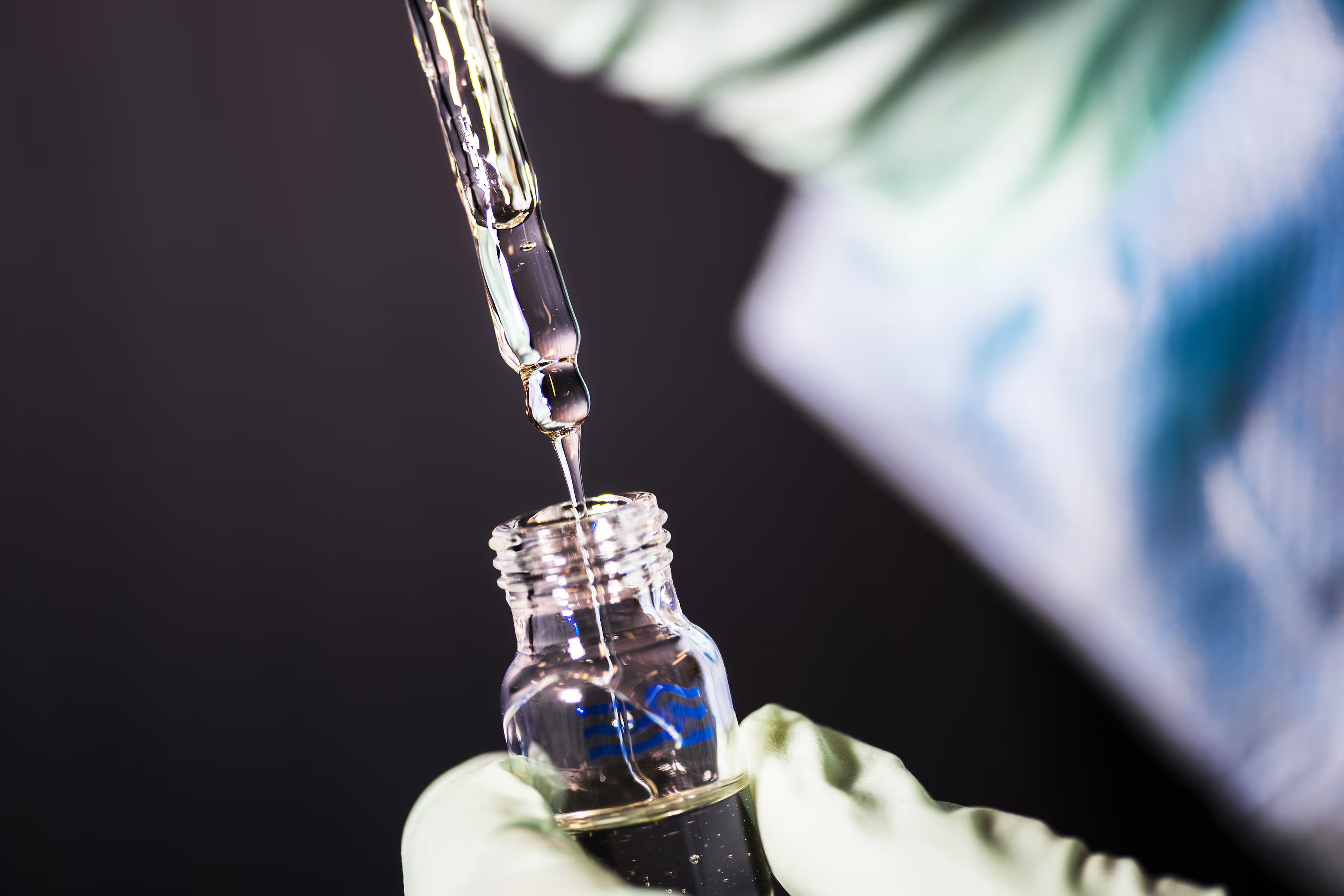
Making the pharma industry future-proof through supply chain digitalization

New opportunities on the horizon as TSS expands US operations
.avif)
On-demand webinar: A unified approach to clinical supply temperature management

TSS Clinical Trials Digitalization User Forum 2021

Which way is the wind blowing? The implications of cloud-based IoT on temperature monitoring in the life science supply chain
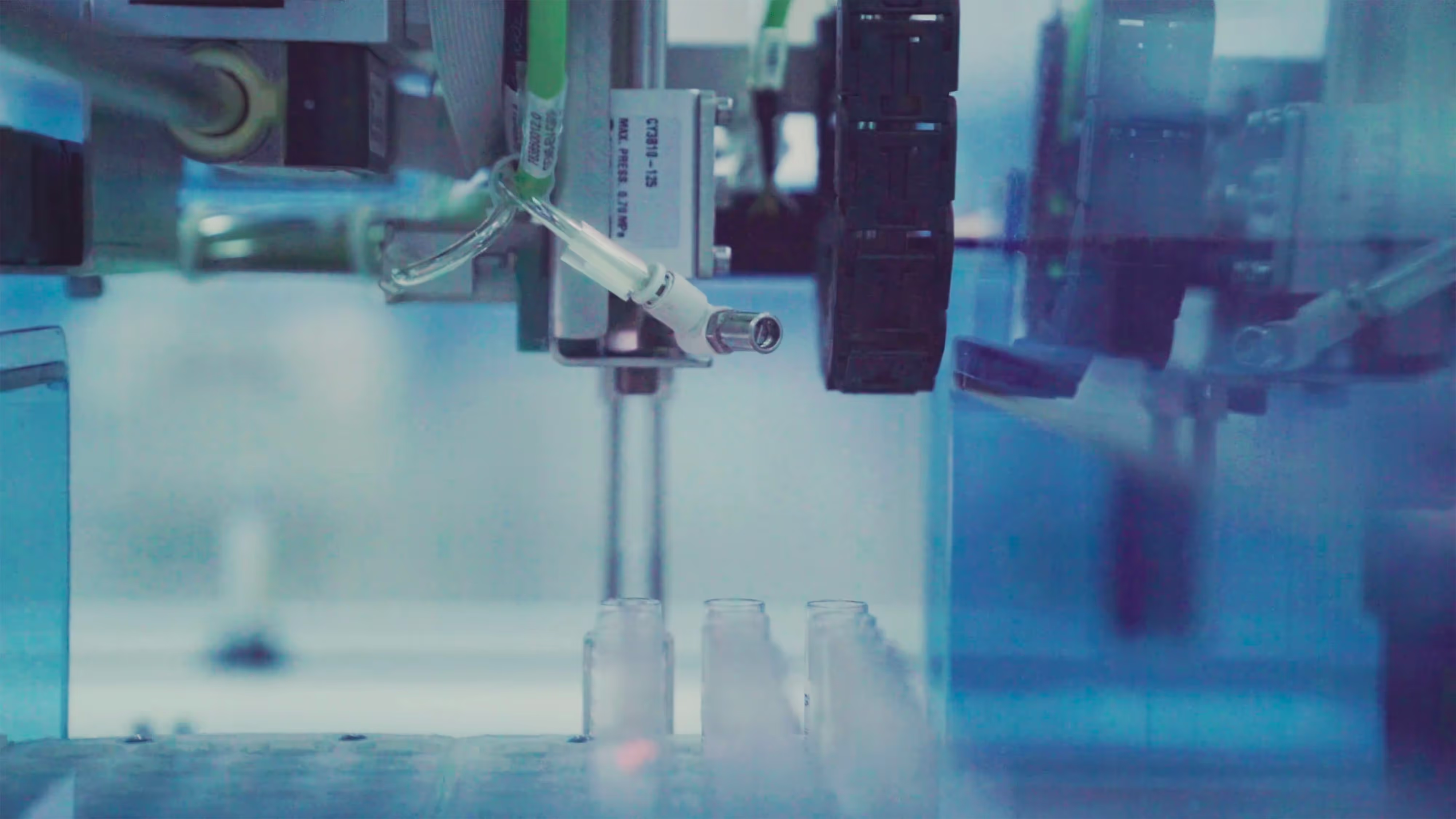
On-demand webinar: Monitoring multiple products with one temperature data logger

Women in executive positions: making a difference with International Women’s Day

Automation is making temperature excursion management simpler and more efficient for clinical sites

Mind the gap: the real-world impact of data gaps in clinical trials

On-demand webinar: Introducing BLE technology for temperature monitoring

Visibility and automation: reducing disruption due to temperature excursions

On-demand webinar: Automating the clinical supply chain
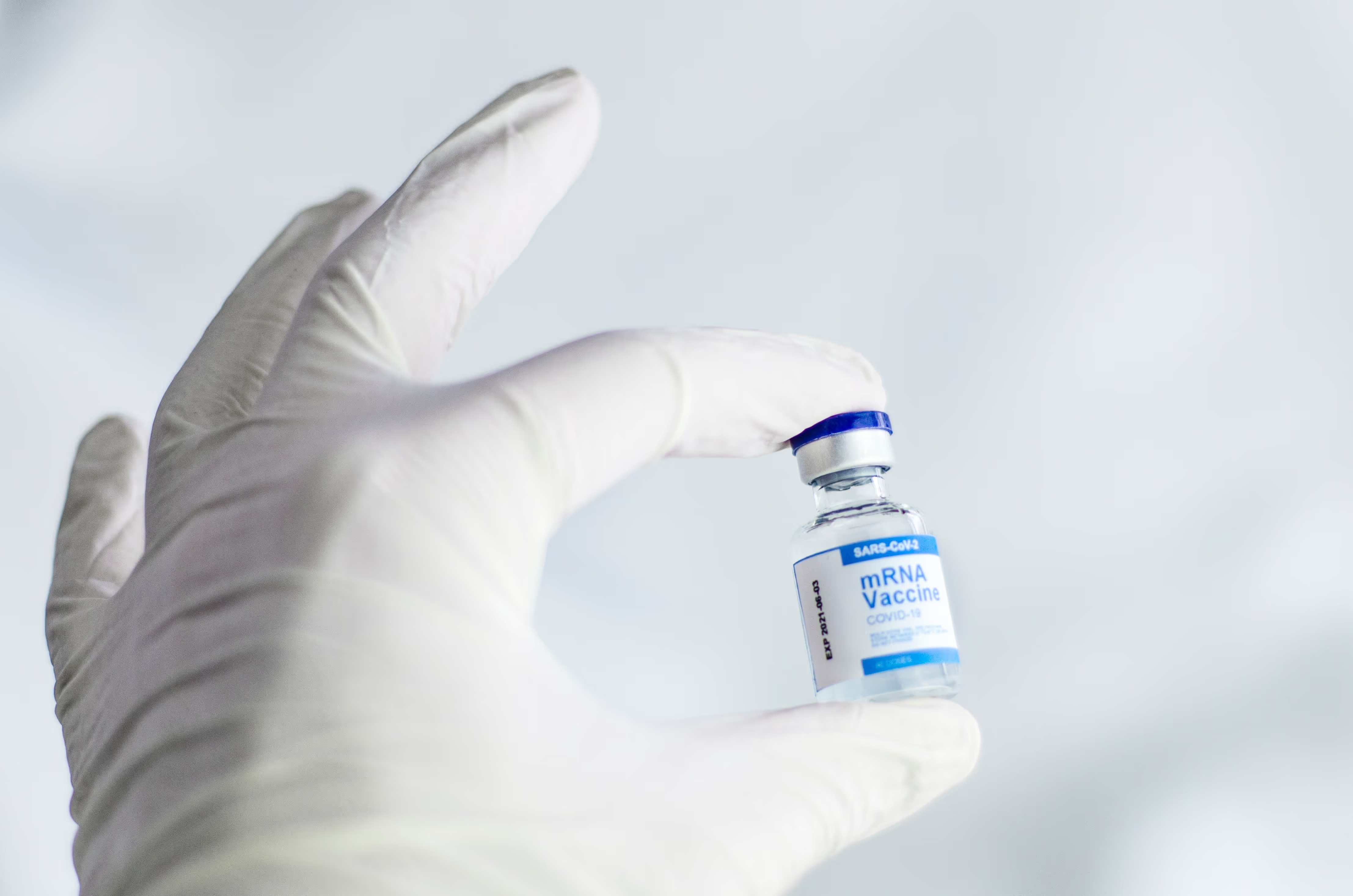
Three approaches for automating clinical supply chains

Data-driven supply chains: improving your excursion rate and temperature performance in 5 steps

We’re attending LogiPharma 2022
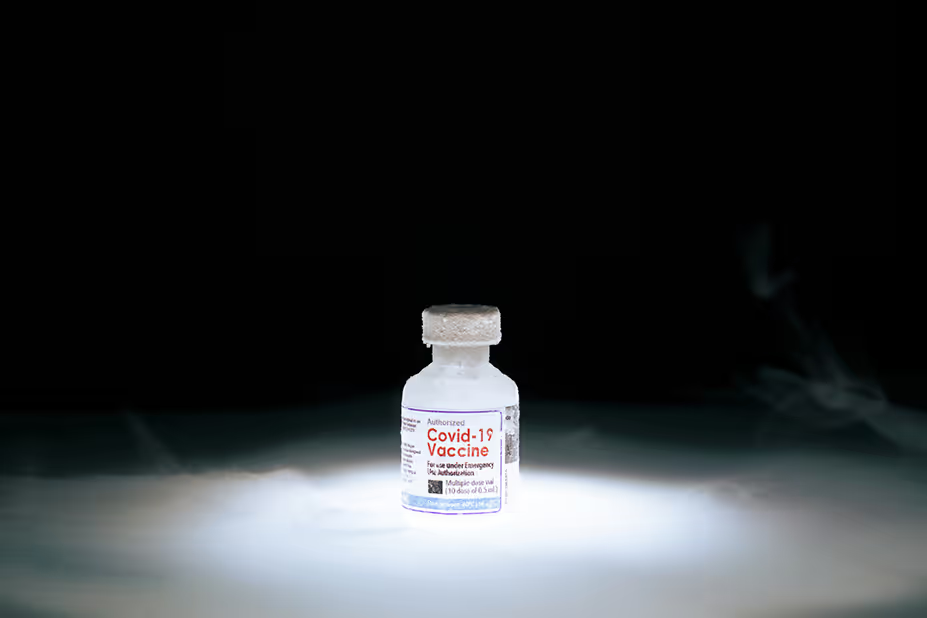
Could automating temperature excursion management hold the key to improving clinical supply processes?

TSS launches innovative Bluetooth powered temperature monitoring solutions
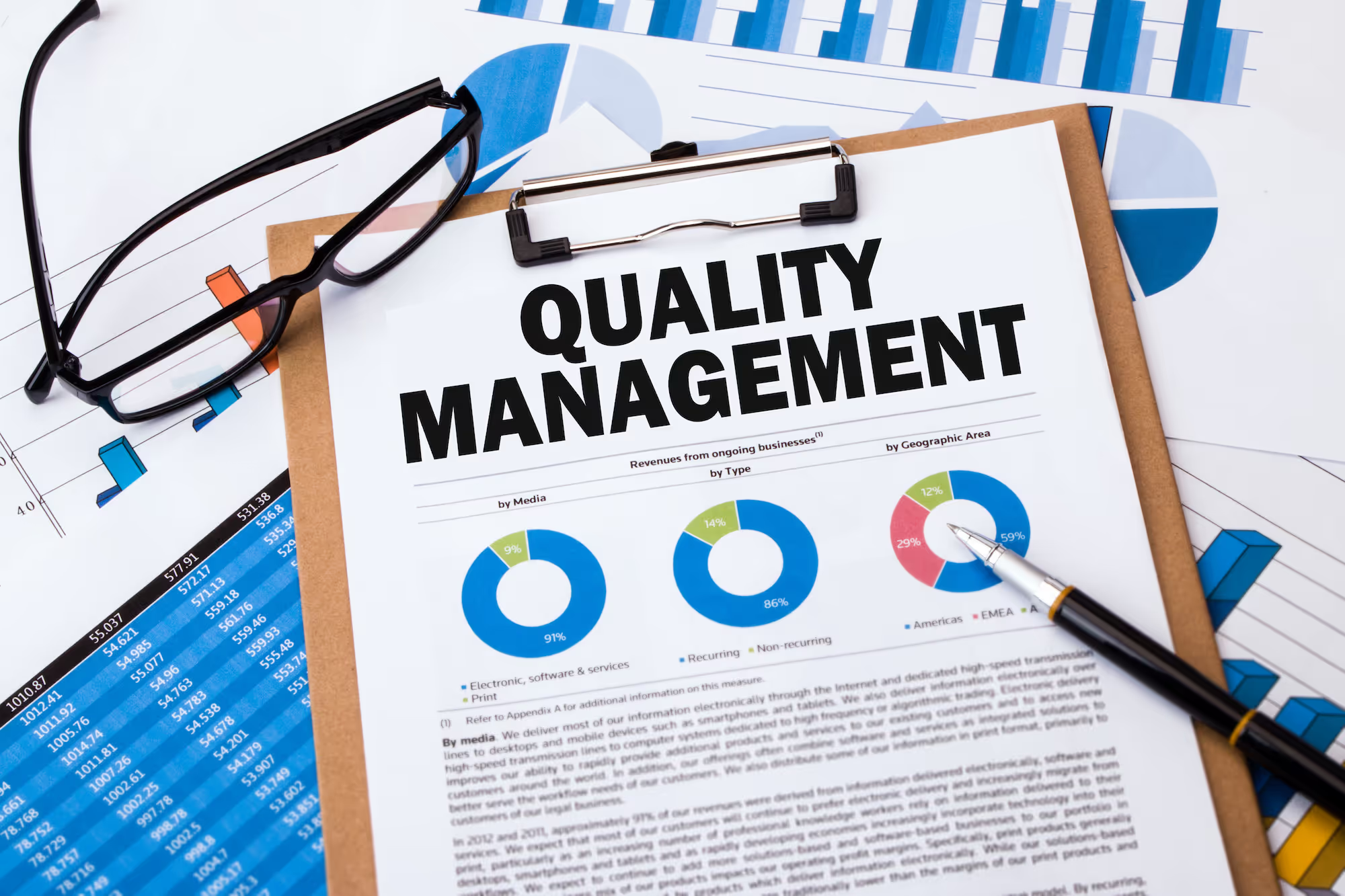
What is Quality?


